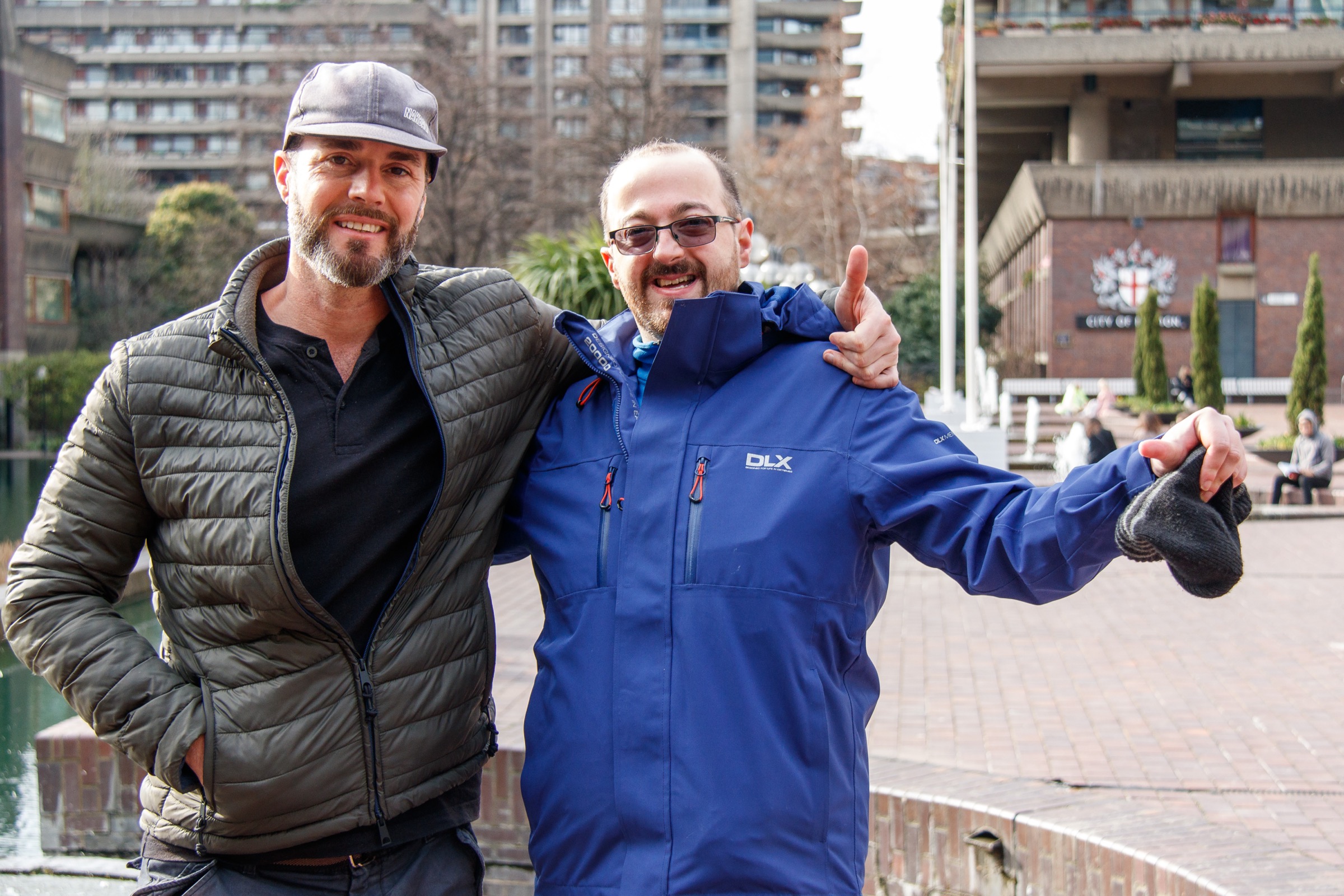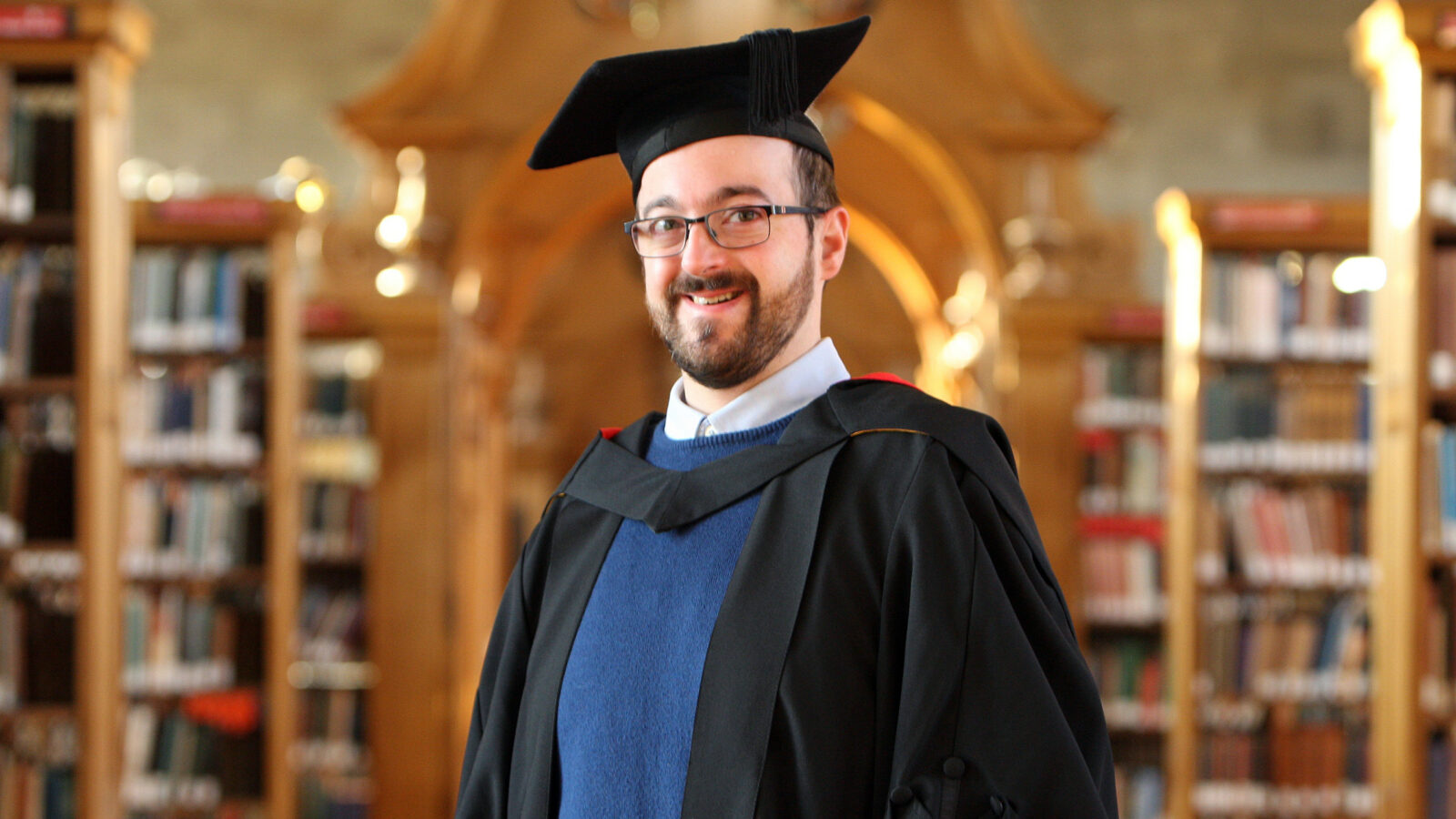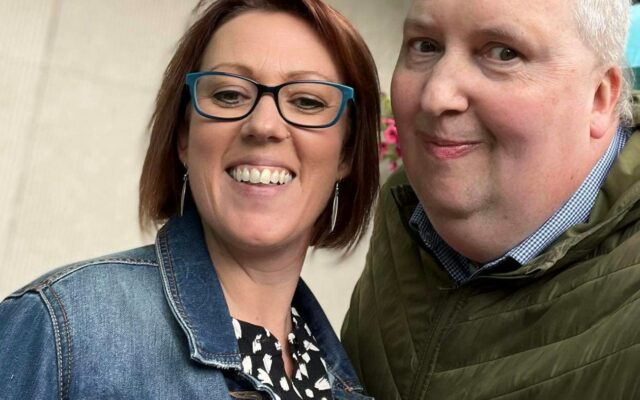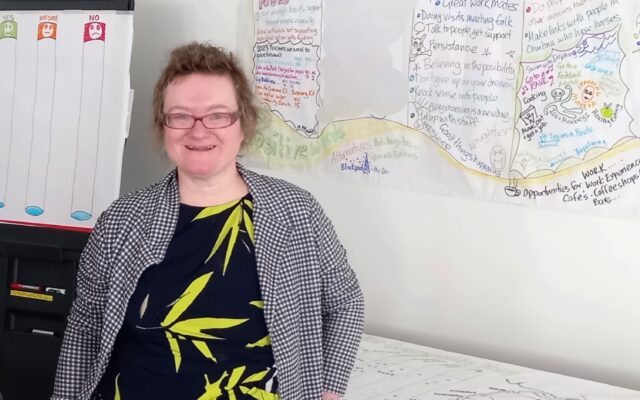A few years ago, Paul Taylor, who has learning disabilities, was in hospital with a nasty earache. He asked for something for the pain but was refused. He and his mother had to plead for a long time before he was finally given some “numbing cream”.
It is an experience that he refers to when he speaks to learning disability student nurses and trainee doctors in his role as honorary lecturer at Bangor University, Wales. The university believes that Taylor, who has held the role for six months, is the first person with learning disabilities to join an academic team at a UK university.
Taylor, 35, believes that higher education is becoming more inclusive, as reflected in the University of Cambridge’s recent appointment of Jason Arday as the youngest black person ever appointed as a professor. Taylor says he is very pleased that Arday, who was diagnosed with autism and global developmental delay when younger, has done so well.
Returning to Taylor’s hospital experience, why does he think he was refused pain relief? He is not sure. “Maybe it was a mistake? They had to go and ask if I could have it.” It took a long time, he adds.
Taylor wanted to do something to prevent this happening to other people. He knew that Bangor University offered medicine and healthcare courses and wrote to offer his help.
“I wanted to help them make their courses better… When they treat people with learning disabilities in hospitals or the community, they will understand them better.”
So, in 2019, Taylor was invited to become a guest lecturer at the school of medical and health sciences at Bangor University.

The job is part time and Taylor works as needed, once or more a month. He takes part in seminars and often speaks to groups of 70 or more students as well as answering questions and chatting with them.
Do any of them say “I don’t want to hear this?” He laughs: “No, no, very good they are. They listen to me more than to their own lecturer sometimes.” Taylor says one student nurse recently told him “it benefits me and my cohort to hear about your experiences”.
Prestige
It is a voluntary position; Taylor receives expenses but is not paid. He says the university offered to pay him but, since it is a part-time job, it would not have been much.
“Honorary lectureship is prestige. I am happy. I enjoy working closely with the university. I get a lot of excellent feedback and meet new people. It’s a good job, an enjoyable job.”
Taylor uses PowerPoint in his talks. He tells me a mentor helped him develop presenting skills. This was via the 2013 Special Olympics in Bath, which he was involved in as a striker with the Welsh national football team. The mentor, who worked for investment bank Merrill Lynch, taught him how to use the program. University staff help by changing the slides as he speaks.
I ask about feedback. He smiles. “We were going to change a bit but the lecturer I work with now said nothing needs to be changed – it’s brilliant. I speak really good.”
Does he ever find it hard?
“I sometimes find it difficult to present because I get muddled up and I have to repeat myself. But the students are very patient and they still clap at the end.”
During Covid, work went online and Taylor is glad to be back meeting people face to face.
He has been open about becoming depressed during lockdown, especially as he needed to continue shielding afterwards:
“I was sheltering for two years. I couldn’t go out or anything. It made me severely ill. I couldn’t mix with anyone.”
For the doctors who visited him then, he has warm words: “They understood well. They work with people with learning disabilities.”
Taylor is hoping to speak at a learning disability conference next year. He was booked to attend one soon after we met: “I am going to watch first. To see them do it. Then, next time, I will go on stage and talk.”
Interviewing prospective students at Bangor is also part of his role: “We ask questions about how they will cope under pressure when they become nurses.”
The job with Bangor does not take up all his time and Taylor tells me he likes to socialise with friends and listen to music, especially rock, pop and metal. He belongs to Gig Buddies (a project that matches adults with learning disabilities with volunteers with similar interests), but has not been to any gigs yet; instead, he and the buddy went out for an Italian meal in Bangor.
Public life, public speaking
He attends a weekly social group, organised by Menter Fachwen, and volunteers at a British Heart Foundation shop one day a week, sorting donations. He also has a regular role with the Royal Voluntary Service cafe in the local hospital.
Taylor got his first taste of public speaking when telling people about his sporting experiences. He made a bit of a name for himself as striker in the Special Olympics – the Welsh team came fifth.
Perhaps this meant he was more ready for the limelight when, following his Bangor appointment, he appeared on the BBC Wales website and on the Wales Today programme. Taylor’s older brother Ryan calls him “Mr Famous”.
Ryan, who comes along to the interview, asks whether the work with Bangor University has changed him. Taylor says he feels he has been treated as an adult, become more mature and made friends there. Early on, some students mistook him for another learner.
Now he feels more confident in the role. “I am the UK’s first university honorary lecturer with learning disabilities, before anyone else with learning disabilities,” he says.
Ryan asks “Did you get a bigger ego, do you think?” Taylor grins but gives a speedy and definitive “No!”
Taylor says roles like his should be more common: “Other universities across the UK and Ireland should do the same thing. It doesn’t cost them a lot of money so they could copy it.”
He explains why this work matters: “It is important for student nurses and doctors to learn to understand people with learning disabilities better and think about how they treat people like me in the future. Because, if they don’t treat them well, they won’t have a good experience in the hospital.”





